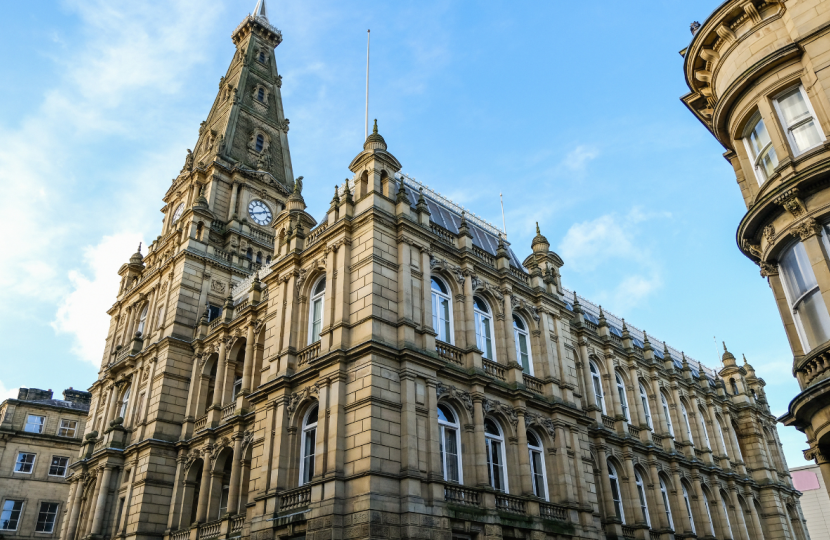
Political disengagement is not healthy for local democracy. Whilst out canvassing, all Councillors will be familiar with the phrases “I don’t vote”, or “I’m not interested in politics”. At the national level, it is concerning to see political membership is at an all-time low, and turnout at recent General Elections is lower than in previous decades.
Clearly, there is a failure by politicians to explain the importance of democracy and why we make certain decisions. The purpose of this week’s column is to help readers have a better understanding of local politics and hopefully, residents will engage more with the various processes.
Firstly, politics is inescapable. Everyone will be feeling the impact of inflation. It now costs more to buy a weekly food shop and to fill up the car. You may think this is out of our control, but political decisions have led to higher inflation. We chose to apply sanctions on Russia for its barbaric invasion of Ukraine. We also decided to make the Bank of England independent, and many economists argue that the Bank has failed in its major responsibility to ease inflation.
In Calderdale, it is a political choice to build 1000s of homes on Greenbelt without the appropriate infrastructure and when there are abundant brownfield sites which could be used instead. It is important to clarify that Calderdale Conservatives are in opposition to this. It should be noted that Calderdale Council has 51 seats and Labour hold 28 of them, so they have an overall majority and by definition will win every vote.
Scrutiny is essential to the democratic process. At Calderdale Council, we use many mechanisms to ensure our concerns are heard. As the main opposition party, we chair several scrutiny boards which undertake cross-examination of Council reports and decisions. In July, we Called-In Labour’s policy to increase parking charges (A Call-In is an intervention in the Council’s process that prevents legislation from being enacted until it has been reconsidered by a cross-party Scrutiny Committee of Councillors). The outcome of our Call-In was partially successful as the Committee decided to send the policy back to Cabinet with the recommendation that they reconsider many aspects. However, the Labour Cabinet is the ultimate arbitrator and, in this case, decided to ignore most of the recommendations.
The public can also have a role in Council activities. Residents can attend Council meetings and can ask a question. In addition, residents have the power to submit petitions to change particular issues. Residents are urged to use these powers more often. Your vote is most important, but these tools provide for direct involvement in the democratic process.


